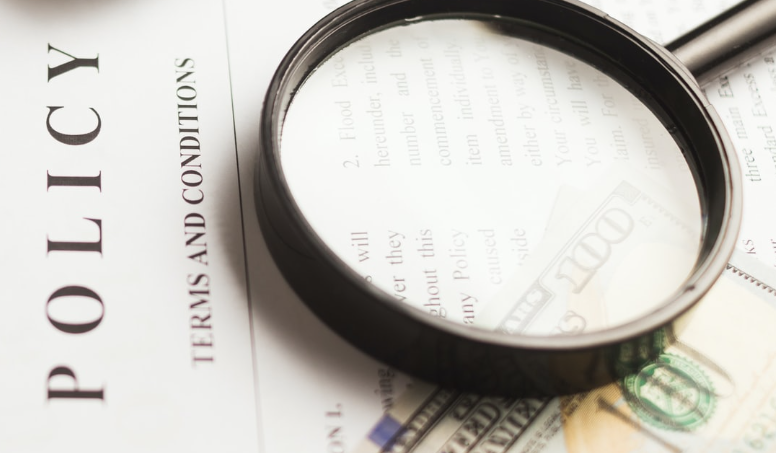Fiscal policy is the process of how a government spends money and raises revenue. It has two components:
– Taxation
– Spending
Economic policy is a process for how an economy operates. This can include fiscal policies, monetary policies, exchange rates, and other trade policies.
Fiscal policy is more focused on the short term while economic policy focuses more on the long term. Fiscal policy does not always work in tandem with economic policies and this can lead to unintended consequences for both fiscal and economic policies.
Fiscal Policy and the Current State of Our Economy
Fiscal policy is the economic policy of a government that deals with the public finances. It includes managing public expenditure and taxes, borrowing money and raising revenue. Fiscal policy can be used to influence short-term economic growth and stability, often in order to avoid recession and deflation.
Economic growth is defined as an increase in real GDP over time. It is a broad term that refers to any expansion in the production of goods and services, or any increase in total income, usually expressed as a percentage rate.
Debt-to-GDP ratio is the ratio of a country’s debt to its gross domestic product (GDP). It measures how much debt each unit of production (i.e., each person) owes to outsiders such as foreign investors or international lenders. If the ratio exceeds 75% that indicates an extremely high level of debt and risk.
The Importance of Fiscal Policy for Economic Development and What an Effective One Looks Like
A well-designed fiscal policy should have a combination of these three goals in mind:
– Promote economic growth: Fiscal policies can reduce the level of unemployment, boost investment, encourage technological innovation and improve productivity.
– Reduce inflationary pressures: Fiscal policies can also help to keep prices stable by reducing demand for goods and services.
– Control public debt levels: Governments can control their debt levels by running a budget surplus or a budget deficit.
The History of Fiscal Policy in the United States
The history of fiscal policy in the United States is a long and complicated one. The government has often used fiscal policy to stimulate the economy, cut taxes, and increase spending on public goods. The benefits of this are numerous, such as increased GDP, increased employment rates, and improved living standards.
Fiscal policy is an economic tool that is used by governments to stabilize economies and manage their economies. Fiscal policy can be implemented in many ways including increasing taxation, cutting taxes, increasing government spending on public goods or services, or decreasing government spending on public goods or services to stimulate the economy.
Fiscal Policies in Other Countries and How They Compare to Those in the U.S.
The United States has a long history of fiscal policies. The country has been operating under the same policy for over 100 years. This is not the case in other countries. Canada, for example, operates under a different fiscal policy that is more focused on social services and equality. China has been making changes to their fiscal policies as they try to ensure that they are able to keep up with the rapid growth of the economy and increase their GDP.
The U.S., Canada, and China all have different approaches when it comes to fiscal policies but this does not mean that one is better than the other. They all have pros and cons but in general, it seems like China’s approach may be more sustainable in the long run which could be why they are experiencing higher GDP growth rates than Canada or the US.
Need help ? Contact us, We are here to help.










